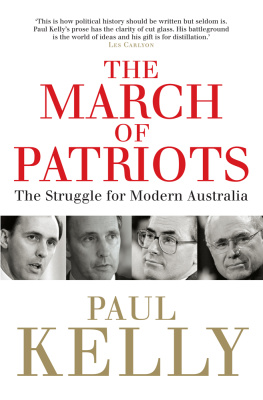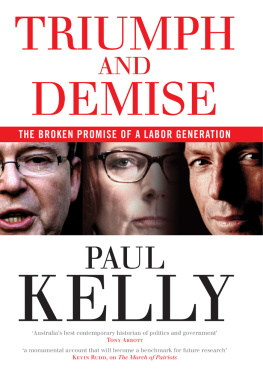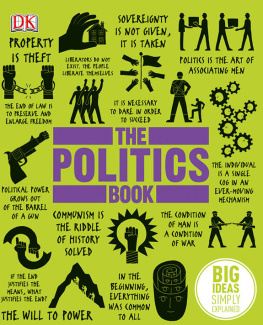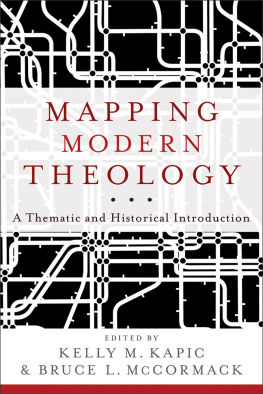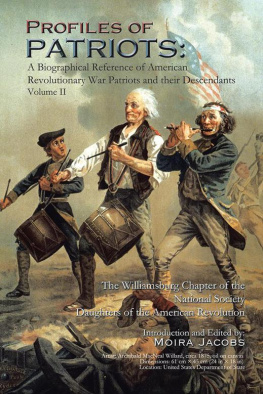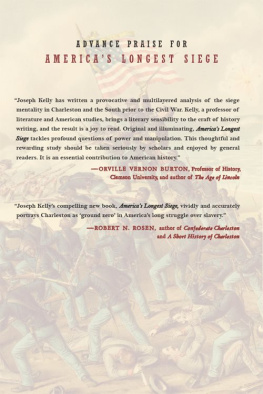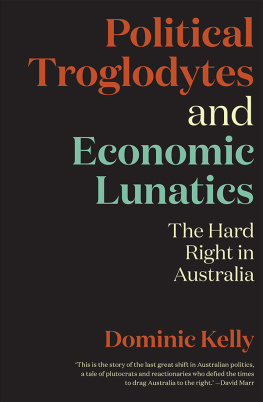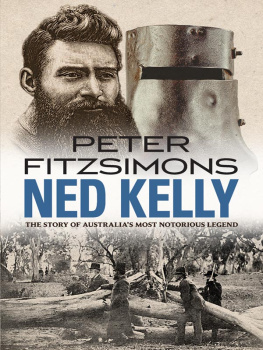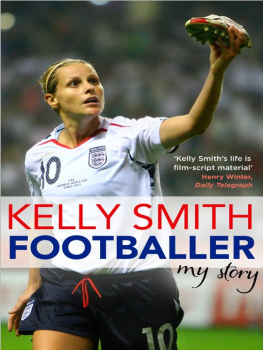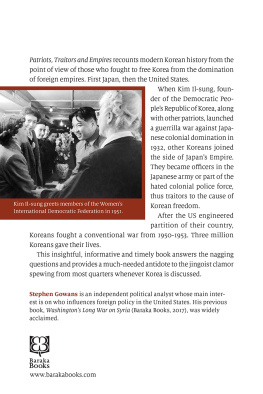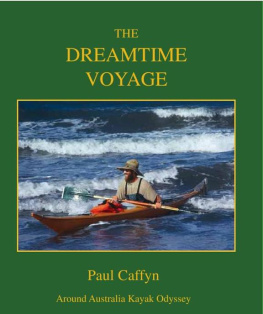This is one of the most revealing books so far written on contemporary history in Australia.
G EOFFREY B LAINEY , The Australian
The March of Patriots is brilliantambitious in scope and forensic in detail.
L AURIE O AKES
This project is marked by the sheer scale of its research, the sustained momentum of the narrative, the clarity of the analysis and the confident authority of the insider.
P AUL S HEEHAN , The Sydney Morning Herald
A work of first-rate significance almost certain to provide the definitive account of Australian politics during the decade.
R OBERT M ANNE , The Monthly
Keating and Howard changed Australia. Kellys book is the best way to find out how, when and why.
D EAN J AENSCH , Adelaide Advertiser
No one from journalism, professional commentary or academia has come within a bulls roar of producing a work of such sweep and quality.
P ADDY G OURLEY , The Canberra Times
This is a monumental account that will become a benchmark for future research.
K EVIN R UDD AT THE LAUNCH
Paul Kelly is Editor-at-Large of The Australian . He was previously Editor-in-Chief of the paper and he writes on Australian politics, public policy and international affairs.
Paul has covered Australian governments from Gough Whitlam to Kevin Rudd and spent two decades in the Canberra Press Gallery. He is a regular commentator on ABC Television for the Insiders program.
Paul is the author of six books: The Unmaking of Gough , The Hawke Ascendancy , The End of Certainty , November 1975 , Paradise Divided and 100 Years: The Australian Story .
In 2001 he presented a five-part documentary series for the ABC on Australias first century. Paul was Graham Perkin Journalist of the Year (1990) and Weary Dunlop medallist for 2005. He has been a Fellow of the Kennedy School of Government at Harvard University, a long-time participant in the Australian American Leadership Dialogue, and is a former board member of the AustraliaIndonesia Institute.
CONTENTS
PREFACE
The March of Patriots is the story of the struggle for modern Australia. It is about two men, Paul Keating and John Howard, as leaders and patriots. It is an interpretation of their efforts to construct a new framework for Australia in economics, foreign policy and social policy. The book seeks to discern the meaning of their prime ministerships and their strategies for the nation.
I would like to thank Paul Keating and John Howard for co-operating over a long period and for their frankness in the interviews for this book. More than 100 people were interviewed, a number more than once. I am grateful for their assistance and their time. This has been a long project in its evolution and delivery.
I owe a special thanks to Chris Mitchell who, as Editor-in-Chief of the Australian , has supported this endeavour and tolerated my periods of leave to work on the book. I owe a debt to my publisher, Louise Adler, for her belief in this book and her untiring enthusiasm. At Melbourne University Publishing, Foong Ling Kong has been an astute manager of the project. I thank my wife, Margaret, for reading and editing the manuscript before its despatch.
The project deals with the Keating and Howard prime ministerships from 1991 to 2007, a total of sixteen years of Australian history. It is a two-book project. This book covers the 19912001 decade and finishes with Howards third election victory. The next book covers 200107 and deals with the Iraq War, the national security agenda, the China boom, the emergence of climate change as a frontline issue, the HowardCostello leadership struggle and Labors revival with Kevin Rudds 2007 victory terminating the KeatingHoward era.
INTRODUCTION THE MARCH OF PATRIOTS
P aul Keating and John Howard were patriots at a time when patriotism had become unfashionable. The late-twentieth-century assault on national borders by technology and freer markets had bequeathed a strange and contradictory legacyit made national leadership more important. Beyond their compulsion to win elections, Keating and Howard had a patriotic mission: to reshape Australias political tradition for the transformed world they confronted.
The nation that Sir Robert Menzies had governed when they were young men was long gone. The task that befell Howard and Keating was to decide what to save from Australias past and what to sacrifice.
Keating and Howard were old-fashioned brawlers and passionate believers, the last in a dying species defined by their authenticity in a business burdened by spin, manipulation and gesture. They saw public life as an honourable calling and they were political warriors ruthless in pursuit of party interest. They luxuriated in the exercise of powerthe power of nation, state and markets.
Forged in the distant 1950s and 1960s they gave their best years to public lifeKeating spent 27 years and Howard 33 years in the national parliament. They were pragmatists and believerspragmatists ready to break rules to win office and believers in their causes. They governed Australia during the modern age of politics that began in 1983 with Bob Hawkes election and the challenge of globalisation. Keating and Howard saw that globalisation was making and breaking nations faster than at any stage in world history. As a stand-alone country of 20-million-plus people occupying a continent and without the option of political or economic union with comparable states, Australia was thrown upon its own resources for survival and success.
This meant that Keating and Howard were patriots in a new Australian project. This was the renovation of Australia for a more exacting chapter of global history beyond the beguiling comfort of the long Age of Empire into which Australia had been born and whose expiration had occurred during their own lifetimes. The Australia they ran had to accept responsibility for its own futuredemanding a new economic philosophy, a confident cultural ethos and a national strategy to guide its role in the world.
The modern age of politics has seen three completed prime ministershipsBob Hawke, Keating and Howard. Its unifying historical theme has been the final dismantling of the old Australian ideas based on Empire, race, protectionism, class warfare and state paternalism and the construction of a replacement model built upon new ideas for a different age. The key to modern politics is to see Hawke, Keating and Howard giving effect to a new Australian project.
Building upon Hawkes foundations, Keating and Howard were pioneers and rivals in devising a model defined by free trade, competitiveness in world markets, a surplus budget, an independent central bank, an enterprise-based industrial culture, an immigrant ethos tied to an inclusive culture, retention of the egalitarian ethic, an Australian-made synthesis of a decent society and a strong economy, the search for reconciliation with the indigenous peoples, and entrenchment of a national interest strategy that reflected Australias global interests and regional responsibilities.
They refined a new Australian model. It was not American; it was not British; it was not Asian. Under Keating and Howard there was a rise in national confidence along with an awareness of national failures, above all, the demoralisation and deprivation in many Aboriginal communities. While Keating and Howard fought over many issues, the 19912007 era saw the growth of a largely bipartisan Australian strategy for success in the globalised age.
The proof was Australias superior position to the rest of the developed world at the outbreak of the 2008 global financial crisis. It was a stunning validation of the new Australian model. The legacy bequeathed to Kevin Rudd in November 2007 was a KeatingHoward product in its successes, flaws and unresolved conflicts.

